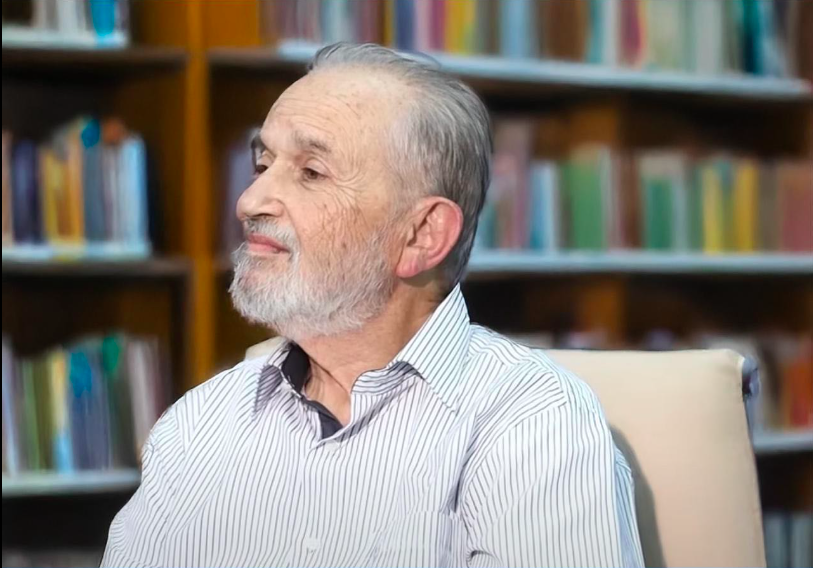
Joseph Tarrab, an art critic, writer, and journalist, and one of the few remaining members of Lebanon’s Jewish community who chose to stay in the country, passed away on January 1, 2025. A recipient of the prestigious title of Officer of the National Order of Arts and Letters, Tarrab leaves behind an extraordinary intellectual and artistic legacy that reflects the history and resilience of the Lebanese people.
A journalist, writer, theater enthusiast, and art critic, Joseph Tarrab’s career spanned decades, resulting in a remarkable body of books and articles. Bestowed the title of Officer of the Order by Henri Le Breton, cultural advisor and director of the French Institute of Lebanon, on behalf of French Culture Minister Aurélie Filippetti, his contributions were hailed as those of "a man of culture and letters, playing a pivotal role on Lebanon’s cultural stage and promoting it globally."
As a member of Lebanon’s shrinking Jewish community, Joseph Tarrab made the brave decision to remain in the country despite the exodus of most of its members. After spending five years in France, he returned to Beirut, drawn back by the sea and light he so dearly missed. For Joseph Tarrab, Beirut symbolized a crossroads of cultures and communities, where human connections transcended boundaries and faiths.
His passion for culture drove him to master several languages and immerse himself in the worlds of literature, theater, and art criticism. In 1997, Le Monde described him as an "art critic and witness to the bloody years, seeking a new audience."
Joseph Tarrab’s love for cinema dated back to his childhood when he participated in a film club, honing his critical eye to analyze the nuances of movies—images, sounds, scripts, and performances. As a student at the École des Lettres, he acted in contemporary theater and began his cultural criticism career in Paris in 1968 with a published article on a contemporary painter.
Upon returning to Lebanon, Joseph Tarrab embarked on a long career with L’Orient-Le Jour and L’Orient Littéraire, where his writings ranged from economics to culture. Through his work, he chronicled Beirut’s history—from its golden age to its times of war—capturing in his writings the resilience and vitality of its people. Even during the civil war, Tarrab remained an untiring observer, attending exhibitions whenever ceasefires allowed. His critiques reflected the perseverance of artists and the evolution of art amidst crises.
A great humanist, Tarrab donated 6,000 books to USEK and entrusted his extensive collection of articles to the German Institute for digitization.
A humble and erudite man with a singular literary voice, Joseph Tarrab will be remembered as an essential figure on Lebanon’s intellectual and artistic scene.




Comments